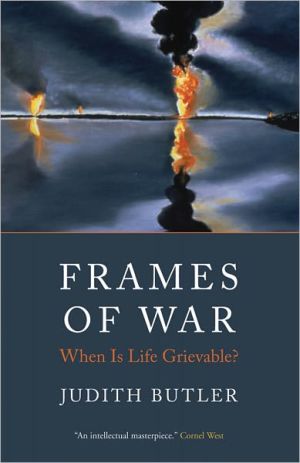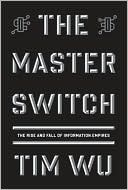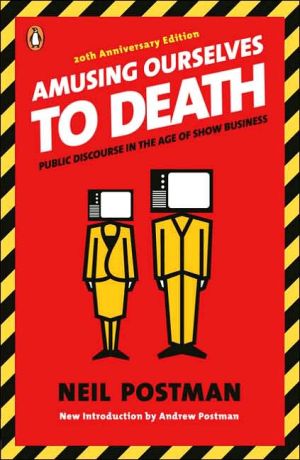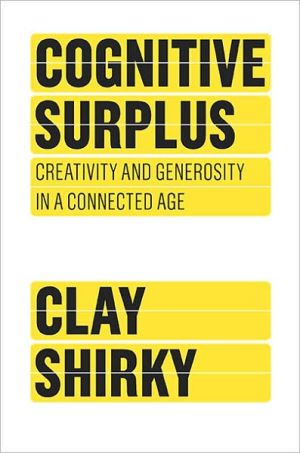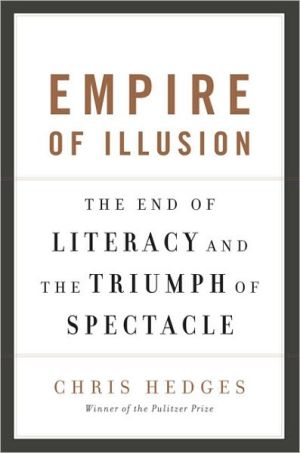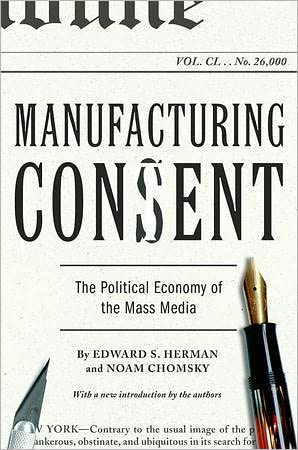Frames of War: When Is Life Grievable?
In this urgent response to violence, racism and increasingly aggressive methods of coercion, Judith Butler explores the media's portrayal of armed conflict, a process integral to how the West prosecutes its wars. In doing so, she calls for a reconceptualization of the Left, one united in opposition and resistance to the illegitimate and arbitrary effects of interventionist military action.
Search in google:
Renowned social theorist unmasks the media's insidious collaboration with the military-industrial complex. Publishers Weekly The dehumanizing rhetoric of war, especially the Iraq War, is examined but not illuminated in this turgid study. Berkeley literature professor Butler (Gender Trouble) asks why the lives of Muslims and Iraqis are treated by the U.S. government and media as less important-less "grievable"-than those of Americans, and develops an obscure theory of the "precariousness" of life as a rationale for opposing this bias, and state violence in general. She applies murky linguistic and aesthetic analyses to a hodgepodge of topics, including the notorious Abu Ghraib photographs, and claims that Islamic sexual puritanism poses a threat to gays and lesbians, a notion she contests at length. Butler's famously impenetrable, jargon-clotted style conveys no fresh thinking. "The state works on the field of perception and, more generally, the field of representability, in order to control affect-in anticipation of the way affect is not only structured by interpretation, but structures interpretation as well," reads her laborious statement of the commonplace observation that the government tries to suppress upsetting photos that might provoke opposition to the war. The sludginess of Butler's prose and the banality of her ideas make the book virtually unreadable. (June)Copyright © Reed Business Information, a division of Reed Elsevier Inc. All rights reserved.
Acknowledgments viiIntroduction to the Paperback ixIntroduction: Precarious Life, Grievable Life 11 Survivability, Vulnerability, Affect 332 Torture and the Ethics of Photography: Thinking with Sontag 633 Sexual Politics, Torture, and Secular Time 1014 Non-Thinking in the Name of the Normative 1375 The Claim of Non-Violence 165Index 185
\ Bookforum“It's clear that its author is still interested in stirring up trouble—academic, political and otherwise.”\ \ \ \ \ Publishers WeeklyThe dehumanizing rhetoric of war, especially the Iraq War, is examined but not illuminated in this turgid study. Berkeley literature professor Butler (Gender Trouble) asks why the lives of Muslims and Iraqis are treated by the U.S. government and media as less important-less "grievable"-than those of Americans, and develops an obscure theory of the "precariousness" of life as a rationale for opposing this bias, and state violence in general. She applies murky linguistic and aesthetic analyses to a hodgepodge of topics, including the notorious Abu Ghraib photographs, and claims that Islamic sexual puritanism poses a threat to gays and lesbians, a notion she contests at length. Butler's famously impenetrable, jargon-clotted style conveys no fresh thinking. "The state works on the field of perception and, more generally, the field of representability, in order to control affect-in anticipation of the way affect is not only structured by interpretation, but structures interpretation as well," reads her laborious statement of the commonplace observation that the government tries to suppress upsetting photos that might provoke opposition to the war. The sludginess of Butler's prose and the banality of her ideas make the book virtually unreadable. (June)\ Copyright © Reed Business Information, a division of Reed Elsevier Inc. All rights reserved.\ \ \ Cornel West“Judith Butler is the most creative and courageous social theorist writing today. Frames of War is an intellectual masterpiece that weds a new understanding of being, immersed in history, to a novel Left politics that focuses on State violence, war and resistance.”\ \
